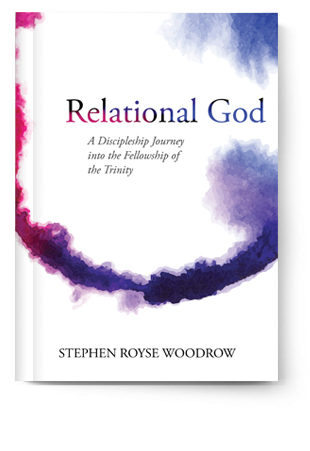God has a sense of humor. How do I know? Because it seems like every time I carelessly use the words “always” or “never” I end up eating my words. I told my grandmother for years I would “never” drink coffee. She put a twenty-dollar bill in her journal that I would. I am a coffee fanatic today. I said I would “never” move back to Houston after college. My first job out of college was in downtown Houston. I said early on I would “never” be a public speaker especially a preacher. Oops. I said I would never get drunk? Oh how the spirit is willing but the flesh is weak. I could go on and on about many other “never” statements where I had to eat my words and I am sure you can too.
It is interesting that we are so much quicker to say “You never…” or “You always…” rather than “I never…” or “I always…” Also, we are much quicker saying, “I never…” rather than “I always…” To prove my point, try and remember the number times you have said “I never…” versus “I always…” All of this reveals that there is something much deeper going on and that our use of “always” and “never” reveal a lot about our theology and relationship with God. We need to develop a healthy “always” and “never” theology.
“Always” make sure that our “always” and “never” statements are founded on God’s truth.
“Never” say “always” or “never” statements from just our mind, will or emotions.
These two theological statements will bring blessing into your life and relationships and keep you from a lot of hurt. It is one thing to say, “I will never drink coffee,” and eat my words. It is a whole other thing to say, “I will always love you” and to break my vow. Or a man saying to his children, “I will always love and be committed to your mother,” only to break that vow. It is a prideful and misleading statement if not based on God’s truth – which says that no man can keep his vow to his wife without faith in Christ to empower him to love her like Christ loved the church. (Eph 5:25) Peter found out the hard way when he spoke up to Jesus about him going to the cross, “This shall never happen to you.” (Matt 16:22) Jesus rebuked Peter, “For you are not setting your mind on the things of God, but on the things of man.” (Matt 16:23)
Language is important. Jesus is called “the Word.” (John 1:1) The scriptures say over and over again that our words are important for they reveal what is in our heart. And Jesus says that we will have to give an account of every word that we speak. (Matt 12:36). The amazing thing is that God desires to have intimate fellowship with us and a large part of our spiritual growth is having the Holy Spirit transform our language so that it is seasoned with grace. Ultimately, only God has the ability to truly stand behind “Always” and “Never” statements:
Jesus said, “And behold, I am with you always, to the end of the age.” (Matt 28:20)
Jesus said to them, “I am the bread of life; whoever comes to me shall not hunger, and whoever believes in me shall never thirst.” (John 6:35)
So, never use always or never from your own mind, emotion or will and always use always and never in relation to God’s truth and promises.
3





